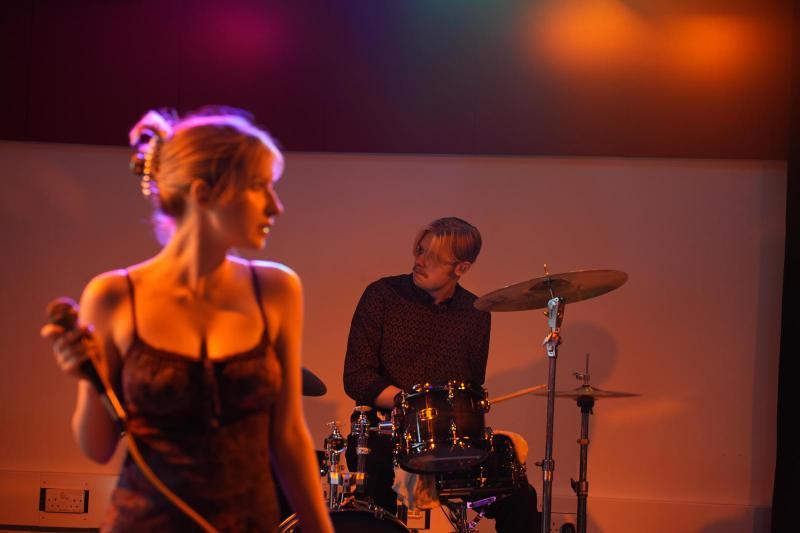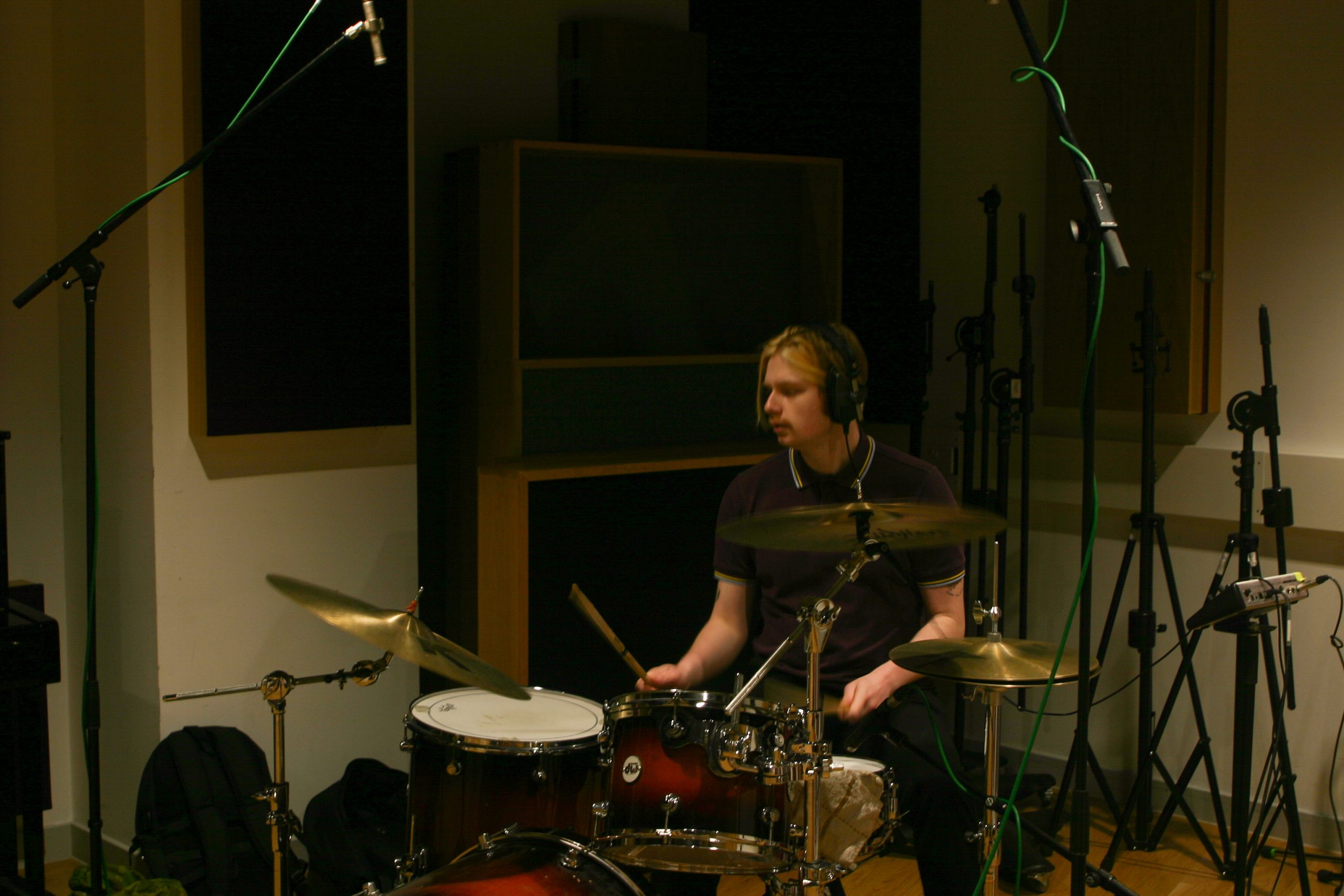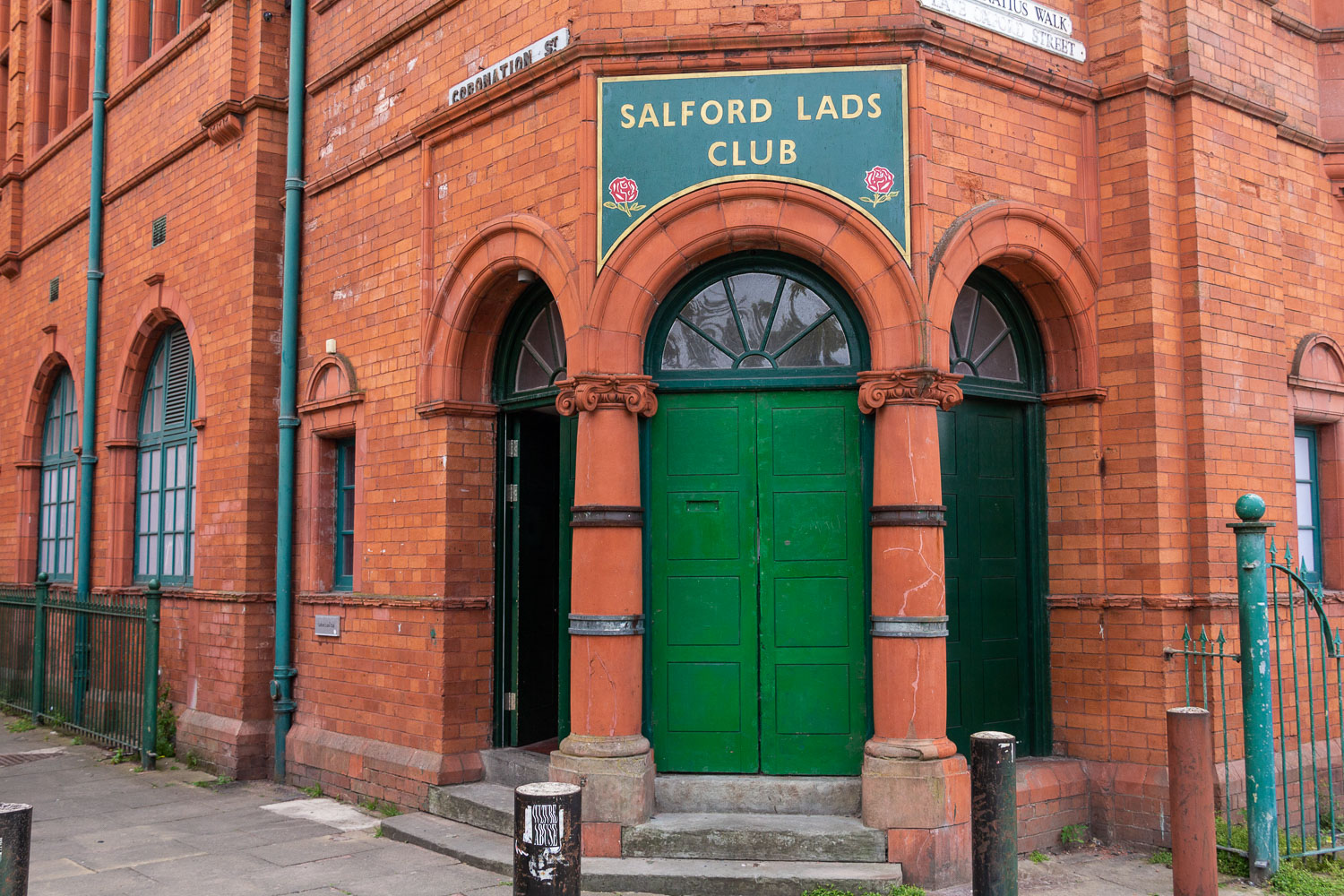
The grassroots music scene of Salford could secure sustainable funding under the governments new policy that has been hailed a ‘progressive step’.
The government have called for an industry-voluntary levy on stadium and arena tickets, describing grassroots venues as “one of the UK’s most valuable and yet undervalued cultural assets.”
Following the decision by the government, a member of Salford’s grassroots music scene has hailed the new policy, which the music industry is expected to adopt by 2025, as a ‘progressive step’.
The comments made by Sir Chris Bryant MP, Creative Industries Minister followed the conclusion of the Culture, Media and Sport Select Committee’s report on grassroots music venues in the UK earlier this month.
Sir Chris Bryant MP added: “These venues support thousands of jobs and are a vital part of our local communities. Without a flourishing grassroots music industry, the rest of our music industry will wither.
“It is crucial that we work together to support the grassroots including venues, festivals, artists and promoters.
“That is why I am urging the industry voluntarily to introduce a ticket levy on the biggest commercial players, to help ensure the health and future success of our entire live music industry for decades to come.”
A member of Salford’s grassroots music scene has hailed the new policy, which the music industry is expected to adopt by 2025, as a ‘progressive step’.
Gabe Raven, 21, from Worsley, has been drumming since he was 16. He lives in Salford, but first plied his trade at Mass Records in Stockport – on the other side of Manchester.

He feels there is a lack of space for young musicians to play in the city.
Gabe said: “If you’re a young lad with a cheap Squire Stratocaster, and you want to go and play with your mates in some cheap, dingy rehearsal room – it’s not there, you know?
“Salford is its own identity. I think people need to acknowledge that. There’s a lack of distinction sometimes between Salford and Manchester, musically.
“Musically, culturally, otherwise – it is a city of character,” he added.
Speaking on the new government policy, he described a need for ‘mindful’ music consumption in Salford Gabe added: “It might bring about more mindful music consumption in a live setting. I don’t think people are going to see enough of the people who are just getting on the ladder.
“There’s a space for encouraging people to smaller venues. I don’t think that’s encouraged enough; especially not in a place like Salford.
“But the policy is a progressive step in the right direction; it’s something I’m really glad to hear.”
The 21-year-old is currently studying Popular Music & Recording at the University of Salford, and feels that music careers need greater encouragement.
He said: “There’s some kind of stigma around a monetary approach to music. No one looks at music as a transactional thing. It’s an exchange, it creates cultural capital.
“But you know, people need to make money off of it, to do it. Music can be a day job. I think that’s something that needs to be championed more, a music career.”
According to a Music Venue Trust report earlier this year, 125 venues across the UK were forced to close their doors in 2023 – a loss of two per week.
The charity has described the levy as a ‘resounding success’ for the grassroots music sector.
A spokesperson said: “This represents the single most significant shift in more than fifty years of British music in the basic mechanics of how the live industry financially supports new and emerging talent.
“The response from the Government to see this process through is a resounding success for the advocacy, understanding and support of the grassroots music sector.”

Since the era of iconic Salford musicians such as Joy Division, Tim Burgess and the Salford Jets, there have been a multitude of closures in the industry of grassroots music in the city.
Salford Lads’ Club, a famous site of Salford’s music heritage, announced in October that they needed to raise £250,000 to keep their doors open.
Broughton Assembly Rooms, on Bury New Road, was the birthplace of New Order, bust was sadly demolished in 2000, and is now a McDonalds franchise.
And the removal of other sites continued, as Twilight Sound Studios ceased activities in the early 1990s, having been used by the Smiths to record 4-track and 8-track demos in the early 1980s.
Hopefully now with actions made by the government, grassroots venue can rely on support and sustainable funding for the future of Salford music.
Here is a map of Salford grassroot venues –















Recent Comments